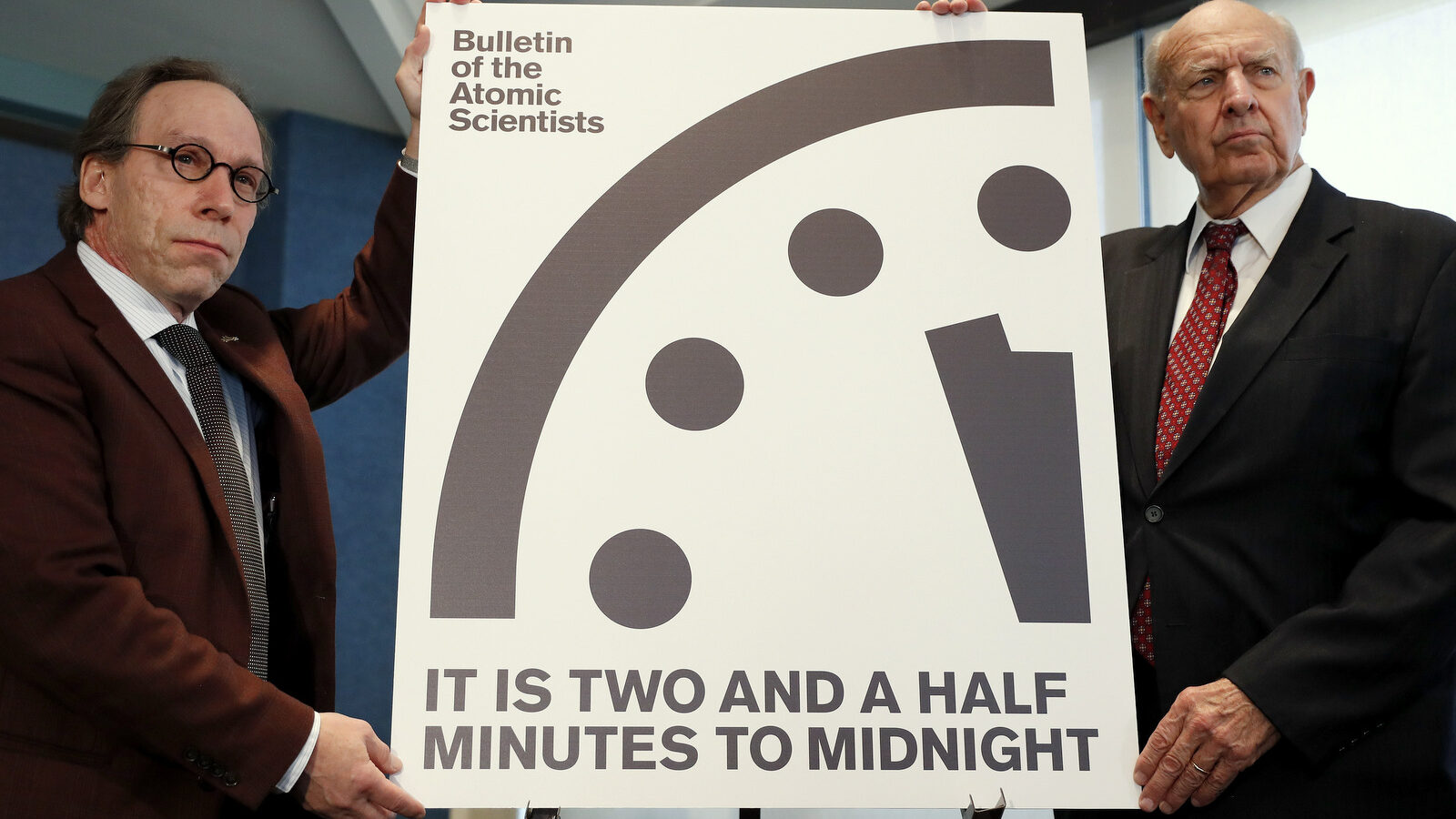

“United States Policy towards the Persian Gulf: A New Focus for a New Administration,” ORBIS, March 2001. “The Reluctant Mediator,” Washington Quarterly, vol. “When Soldiers Become Cops,” Foreign Affairs, vo.81, no.6, November/December 2002, pp.122-132. “More than Targets and Markets: Recasting America’s Relationship with its Arab Partners,” Middle East Policy, December 2002. Reconstructing the Middle East?” The Brown Journal of World Affairs Summer/Fall 2003. Foreign Policy: From Regime Change to Nation Building” Representative American Speeches (Atlanta: H.W. “Transforming Iraq’s Economy ,” before Congress’ Joint Economic Committee, June 11, 2003. “Challenges within the Muslim World,” before the President’s National Commission on Terrorist Attacks Upon the United States (The 9-11 Commission), July 9, 2003. Post-Conflict Policy in Iraq, Council on Foreign Relations, January 2003. Under contract with Oxford University Press for publication 2005.Ĭo-Director, Guiding Principles for U.S. Bronson developed and delivered courses on the roots of regional crises and strategies for conflict management.Ĭurrently researching Thicker than Oil: The United States and Saudi Arabia, a History. Her area of responsibility included the Middle East and North Africa.Ĭolumbia University, Instructor (Summer 1995): As the instructor for Conflict and Peacemaking in the Middle East: Contemporary Arab Israeli Relations, Dr. Fellow (9/94-8/96): She joined a team of scholars analyzing how domestic turmoil affects foreign policy. Center for Science and International Affairs.
#Rachel bronson verification#
In addition, she managed the CSIS component of a Defense Special Weapons Agency contract assessing regional arms control and verification technology in the Pacific Rim and co-led the Strategy and Policy working group for a CSIS study on non-lethal weapons. She examined what the revolution in military and business affairs meant for U.S.-European relations. Bronson managed the Center’s Atlantic Partnership Program, which identified opportunities for U.S.-European cooperation in the research, development and production of next-generation defense systems. Senior Fellow for International Security Affairs (9/97-3/99): Dr. She directs the Council’s round table on “Islam and the Middle East.”Ĭenter for Strategic and International Studies. Post-Conflict Policy in Iraq.” It was the first major report issued on post-war planning, published in January 2003. She co-directed the joint CFR and Baker Institute report “Guiding Principles for U.S. Bronson is researching a book “ Thicker than Oil: The United States and Saudi Arabia, a History.” The book is under contract with Oxford University Press (2005) and is funded in part by a Carnegie Corporation Scholars Award. Senior Fellow and Director, Middle East Studies (4/99-Present): Dr. In addition to Middle Eastern topics, she has written on issues of nation building, the security implications of NATO expansion and participated in an Interagency project on non-lethal weapons.Ĭouncil on Foreign Relations.


policy towards the Arab/Israeli conflict. She has written on issues related to U.S.-Arab state relations and U.S. national security and foreign policy she has worked extensively with issues of regional security and politics, particularly in the Middle East. Bronson’s areas of expertise include U.S. in History, University of Pennsylvania (May 1990), course work in Diplomatic History and Chemistry.ĭr. in Political Science, Columbia University (May 1992) B.A. (212) in Political Science, Columbia University (May 1997), doctoral courses in security studies, international relations, Middle East politics M.A.


 0 kommentar(er)
0 kommentar(er)
